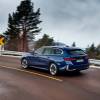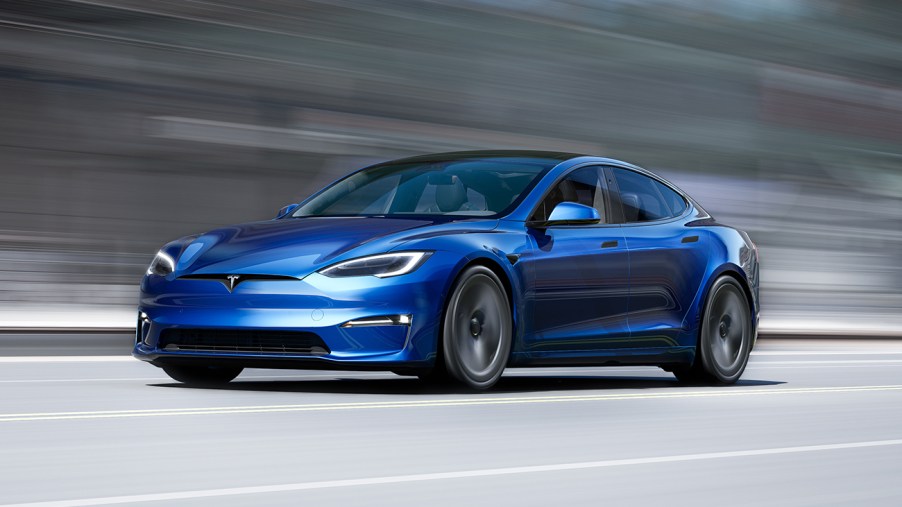
Tesla Recall Targets Nearly 12,000 Cars Over Full-Self Driving Beta
Another day another Tesla recall. Tesla EVs are easily the most popular electric vehicles on the market today, but they have faced more than a few quality issues in recent years. The good thing about Teslas is that sometimes problems can be fixed with a simple software update.
Tesla recall filed for vehicles using new Full-Self Driving Beta software
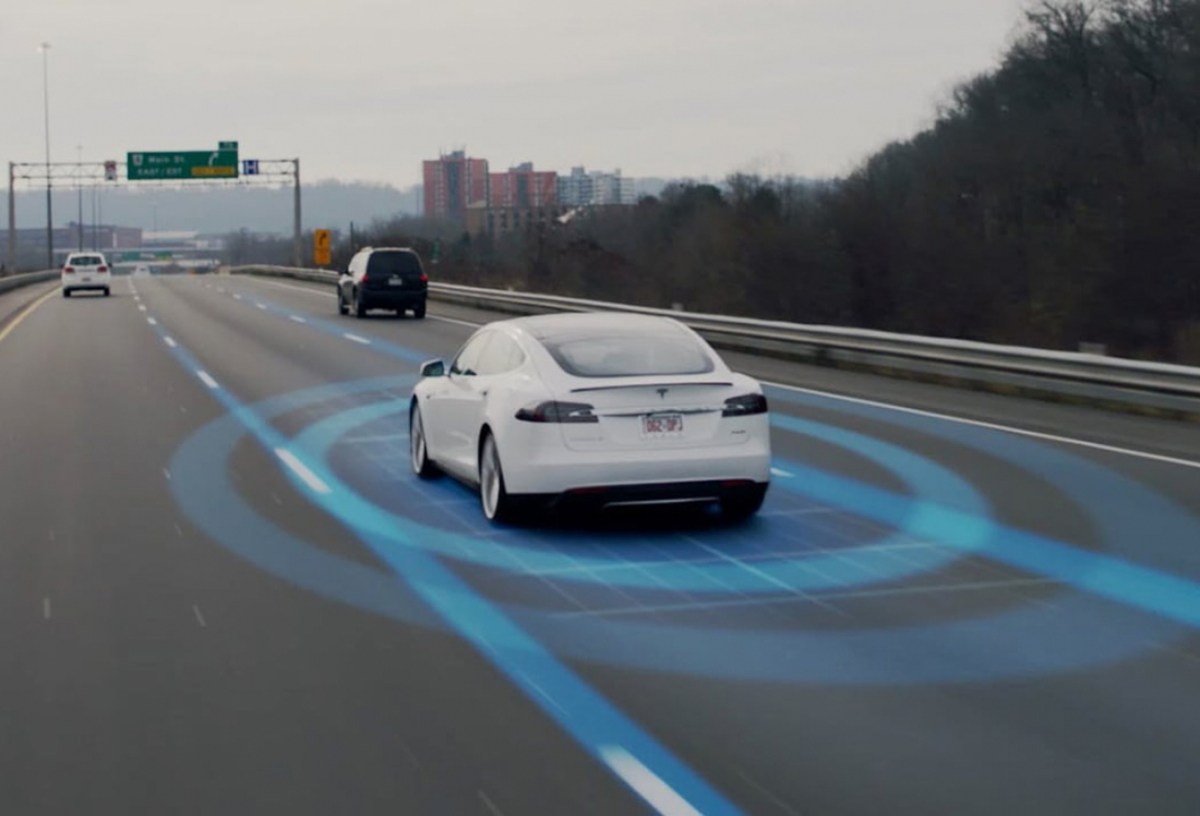
According to a Reuters report, the National Highway Traffic Safety Administration (NHTSA) confirmed that Tesla had filed a recall covering 11,704 vehicles just before the Halloween weekend. The recall focuses on Model S, Model 3, Model X, and Model Y vehicles made between 2017 and 2021.
The recall was triggered by a software update sent to vehicles enrolled in the early access version 10.3 of Tesla’s Full-Self Driving Beta program. Only select vehicles were chosen to participate in the Beta as a $10,000 fee and record of safe driving were required to join.
Shortly after version 10.3 of the Full-Self Driving Beta was released, the company reported that some vehicles would randomly activate the emergency brakes. Tesla described the potential danger of the issue in its recall report stating, “if the AEB system unexpectedly activates while driving, the risk of a rear-end collision from a following vehicle may increase.”
Tesla pulled the software after getting the reports and then released version 10.3.1 to the affected vehicles.
The NHTSA was not happy about the way Tesla handled the Full-Self Driving Beta update
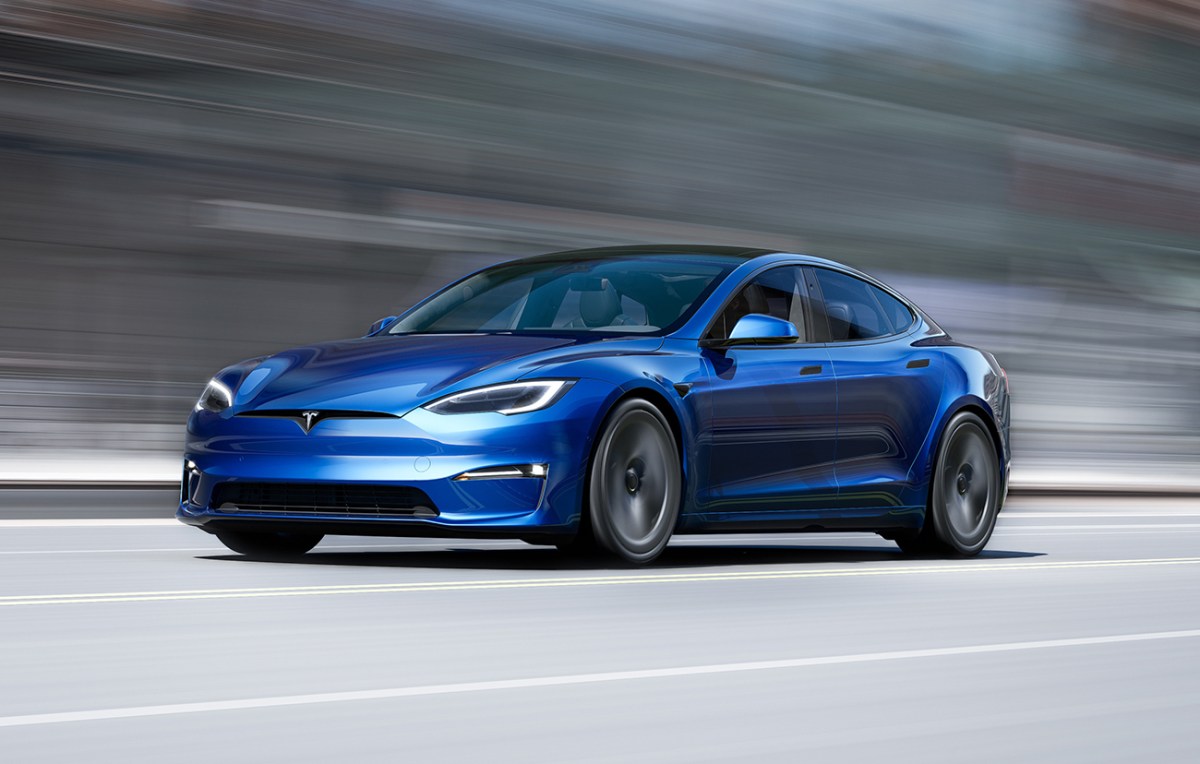
After the software bug was discovered, Tesla handled the update relatively quickly, sending out the 10.3.1 update less than 24 hours after the 10.3 software was sent out to participating vehicles. However, due to the nature of the defect, the NHTSA wanted Tesla to file a recall immediately.
The safety organization sent Tesla a letter asking why it had not filled for a recall and gave the EV maker until November 1st, 2021, to respond or face fines up to $115 million. Considering the Tesla recall was filed on October 29th, they practically pushed the issue right up to the very edge of the deadline.
The NHTSA is still waiting on Tesla to respond to other open inquiries regarding a safety probe the agency has launched into Tesla’s autopilot program. The NHTSA said it received a “partial response” from the automaker, but it was unrelated to the recall inquiry it launched regarding the Tesla Full-Self Driving Beta.
It is unclear if Tesla faces another fine if it does not respond to the NHTSA’s satisfaction regarding the safety probe.
A Tesla suspension recall was also filed this week
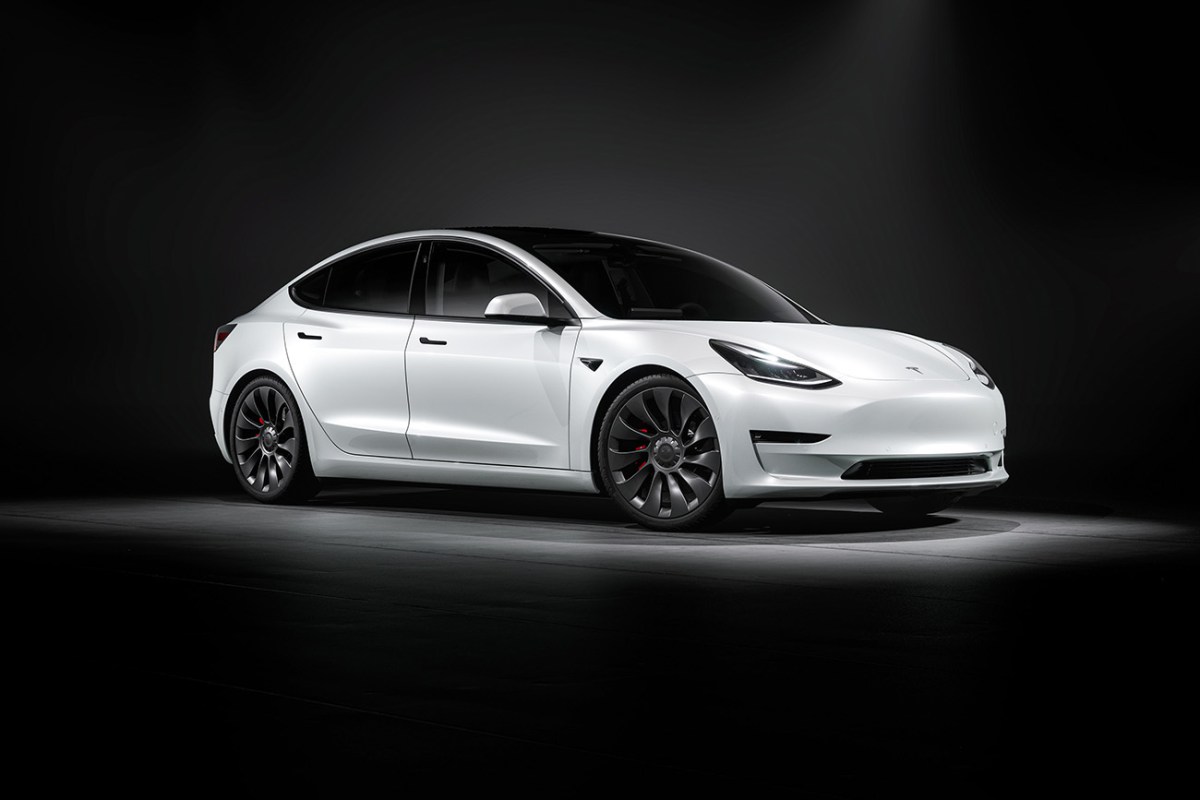
In addition to the Full-Self Driving Beta issue, there was another Tesla recall filed this week. The NHTSA reported that Tesla issued a recall for 3,000 Model 3 and Model Y vehicles due to a suspension issue.
Tesla discovered that fasteners that secure front suspension components to the frame could come loose and cause the suspension to separate from the vehicle while driving. Tesla will reach out to the owners of affected vehicles and make repairs for free. If you own a Model 3 or Model Y, keep an eye out for an email from Tesla or contact the NHTSA.
If your Tesla is a part of this software recall, then chances are your vehicle has already received an over-the-air update to fix the issue, but you may want to look out for a notification anyway.


